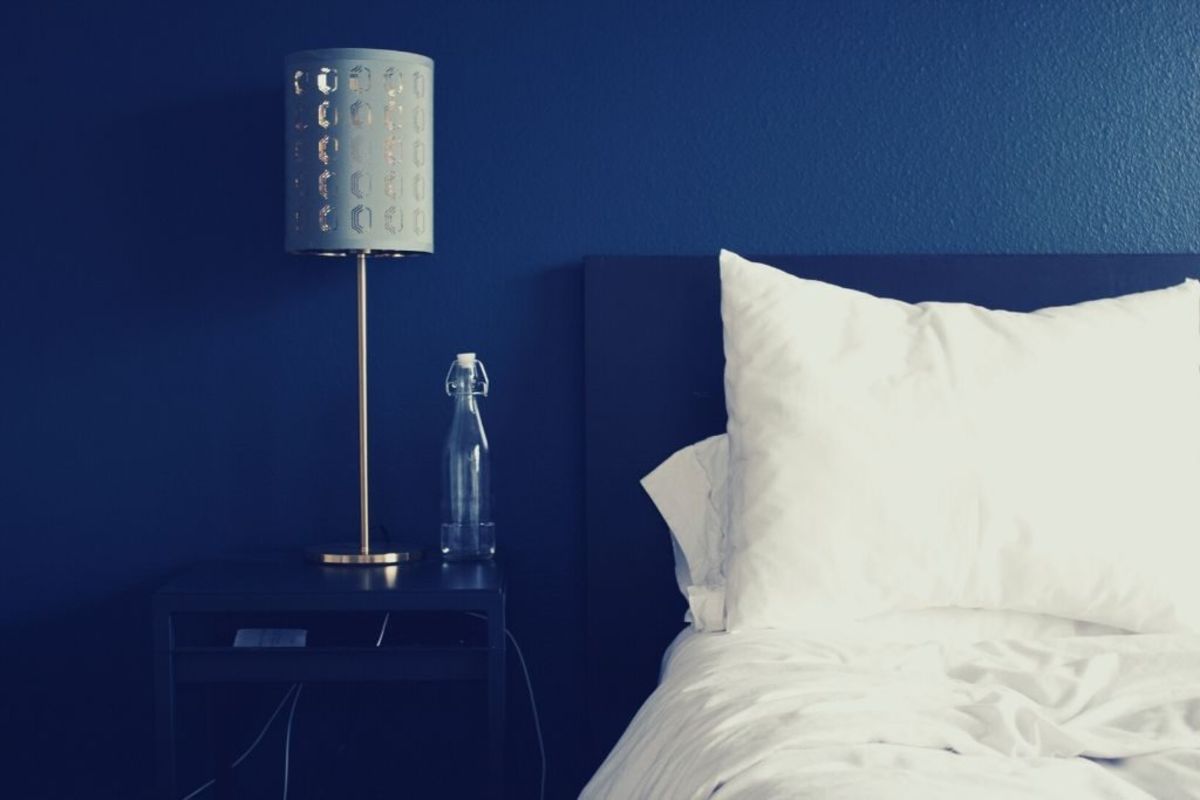
dormakaba Editorial Team

Alvaro Rivas Molina
Álvaro is a Key Account Manager at Kone. Until 2020 he was the Hospitality Business Development Manager at dormakaba Spain. Prior to this role, Alvaro was responsible for brand management in Spain and Portugal. He has a masters degree in Marketing and a double degree in Journalism and Audiovisual Media.
Related articles

Society
Catastrophic Wildfires: Can Technology Anticipate and Prevent Them?
When a natural disaster occurs, the recurring question is: "Could it have been avoided?" Technology plays a crucial role in our response.

Security
Cybersecurity in Manufacturing: Why Every Industry Is Now a Target

Security
How Security Professionals Can Stand Out in a Narrower Market
There is a need for four million cybersecurity professionals worldwide according to the latest World Economic Forum white paper on the topic.